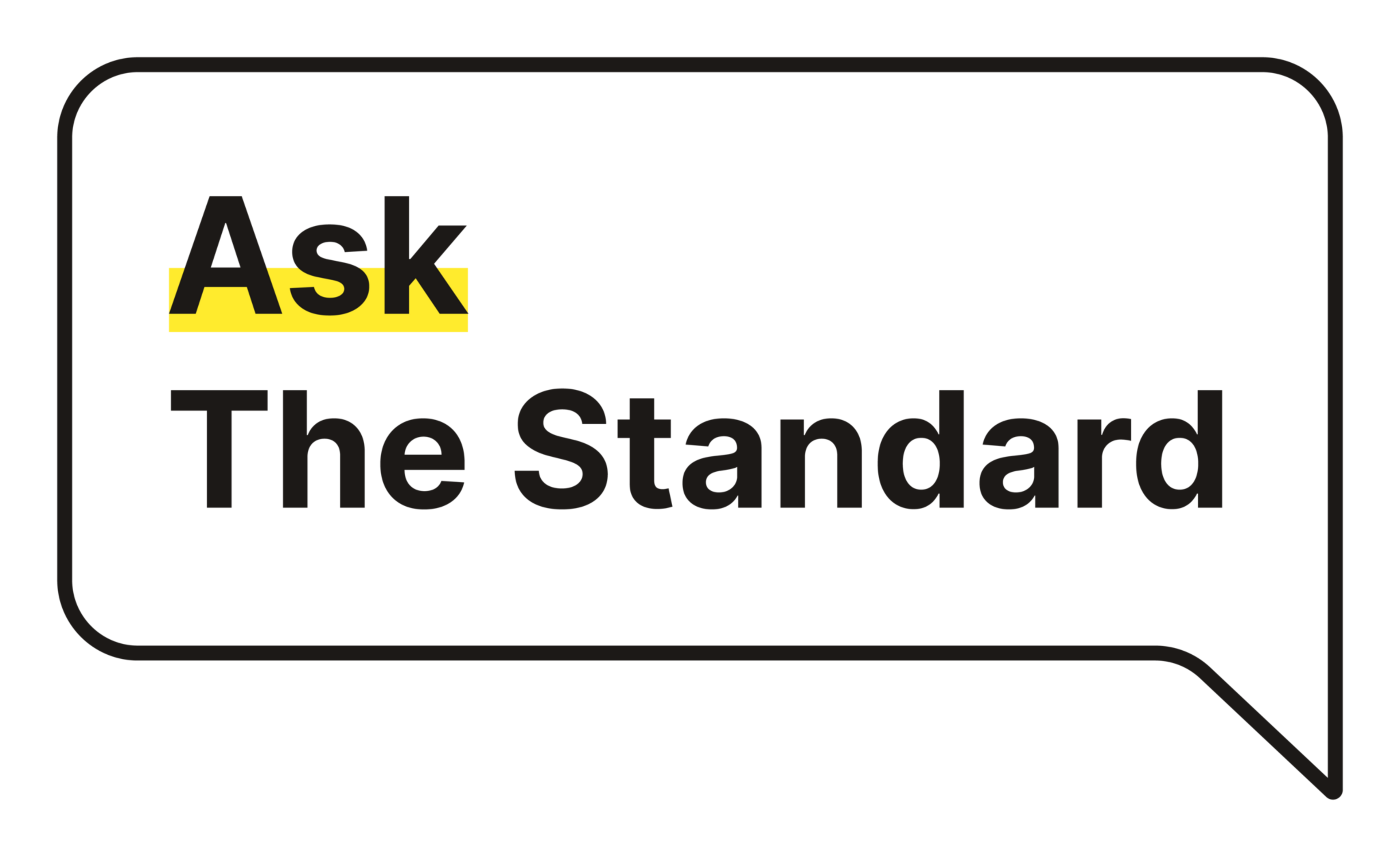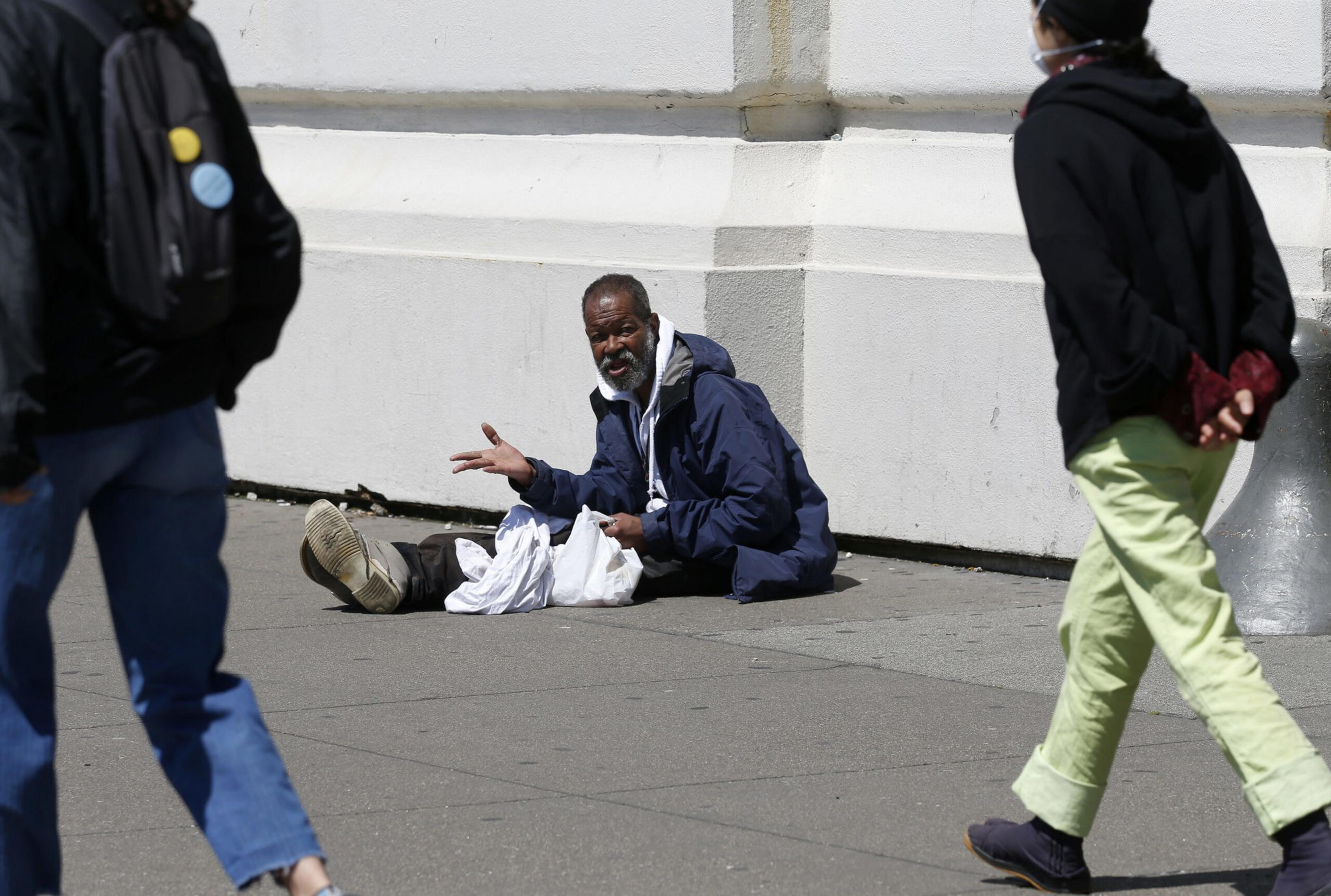The Standard’s David Sjostedt answers the reader-submitted question about San Francisco programs that make cash payments to people experiencing homelessness.

San Francisco’s haters love to gabble that progressive policies are to blame for the city’s troubling street conditions, pointing to programs they say incentivize people to be homeless and sleep on the city’s streets.
A report from the Daily Mail last year featured the testimony of a man who said he was paid to be homeless in the city, prompting speculation that local taxes were going toward “no strings attached” money for homeless people.
Some readers wanted to know: Is there any truth to this image of the city? Does San Francisco give homeless people no-strings-attached cash?
The reality is more complicated.
While the city does provide stipends to people who are considered unable to support themselves through a program known as General Assistance, approximately 80% of the program’s participants are not homeless, according to the city’s Human Services Agency. The program is also required in every California county.
San Francisco’s General Assistance program administered $30.3 million in fiscal year 2022, providing funds to 8,331 people—which averages out to $3,637 per person.
Housed program participants can receive a maximum of $687 per month. But those who are homeless receive a maximum of $105 per month as well as a guaranteed shelter bed due to the Care Not Cash legislation passed in 2002. Written by then-Mayor Gavin Newsom, the Care Not Cash legislation reduced the amount of money homeless people could receive in lieu of shelter and other services.

General Assistance provides a safety net for people who don’t qualify for all other means of financial support. The program is intended to encourage participants to seek employment or other sources of income, according to program documents.
Homeless people who receive General Assistance are required to work 12 hours a month in exchange for money, according to the Human Services Agency. Those who are unable to work must instead apply for Social Security benefits.
“These are not ‘no-strings-attached’ benefits,” the Human Services Agency said in a statement.
Problem Solving is another program that provides financial support to homeless people. The program is run by the Department of Homelessness and Supportive Housing.
From July 2022 to April 2023, Problem Solving channeled $2,295,977 to 6,972 people for move-in assistance, rental assistance, plane and train tickets home to families, and other subsidies to help people evade homelessness. Between June 2022 and March 2023, the homelessness department transported 292 households to their city of origin through the program.
The city’s homelessness department has a $713 million budget for fiscal year 2024. But 59% of that budget is allocated to housing, 22% is earmarked for shelter, 8% goes to homelessness prevention and 2% to outreach.
